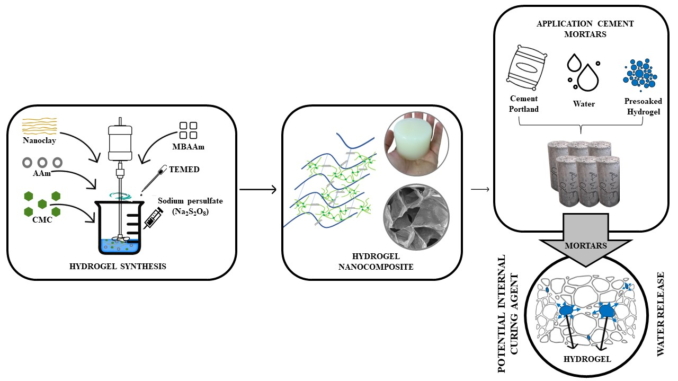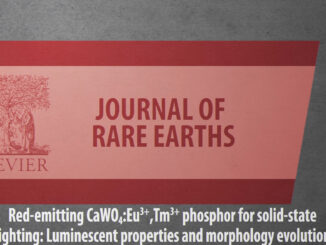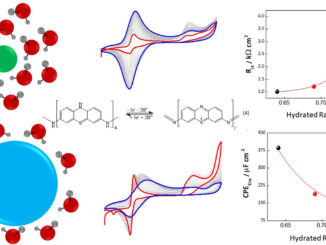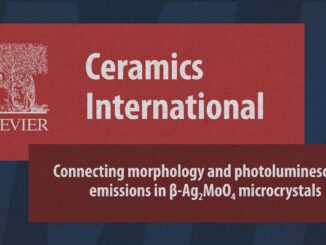
Synthesis, Application and Effect of Hybrid Nanocomposites Based on Hydrogel and Nanoclay in Cement-Mortars
Abstract: Hybrid nanocomposite hydrogels, as admixtures for internal curing of cementitious materials, have been widely studied. This study analyzes the effect of applying 0.5% (wt/wt cement) of pre-soaked hydrogels based on polyacrylamide, carboxymethylcellulose, and three different concentrations of Cloisite-Na+ (0, 10, and 20% wt/wt) on the fresh and hardened properties of cementitious mortars. In general, all mortars with hydrogel decreased the consistency index, mainly M20, due to the high concentration of Cloisite-Na+ that modifies the release kinect of the hydrogel. The results showed a slight variation, with an overall average value of 99% water retention in all mortars. This behavior is due to the portion of hydrogel-mortars dosage water retained to reduce the availability of free water in the mixture because this amount of water is stored, a priori, within the polymer particles. At 28 d, the mortars produced with hydrogels containing 20% of nanoclay (M20) exhibit mechanical behavior similar to the reference mortar (M), which corroborates the percentage of voids found. Scanning electron microscope images confirm that the M and M20 mortars are uniform and possess few pores or microcracks. Thus, these hybrid hydrogels have the potential to be innovative materials for water control improvements in cementitious materials technology.
Author(s): Watanuki Filho, A.; Higuti, R. T.; de Moura, M. R.; Aouada, F. A.
Polymers
Published: 27 October 2022
DOI: https://doi.org/10.3390/polym14214564
CDMF
The CDMF, hosted at the Federal University of São Carlos (UFSCar), is one of the Research, Innovation and Dissemination Centers (RIDC) supported by the São Paulo State Research Support Foundation (Fapesp), and also receives investment from the National Council Scientific and Technological Development (CNPq), from the National Institute of Science and Technology of Materials in Nanotechnology (INCTMN).




